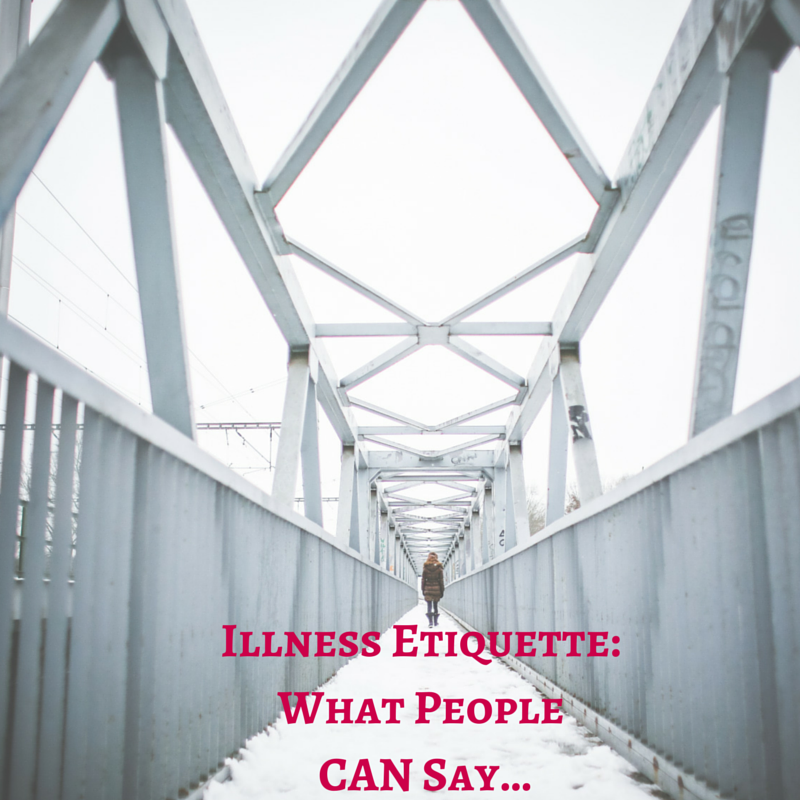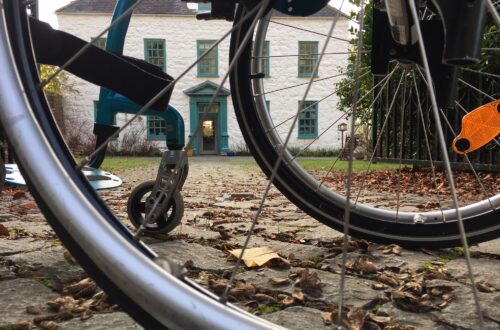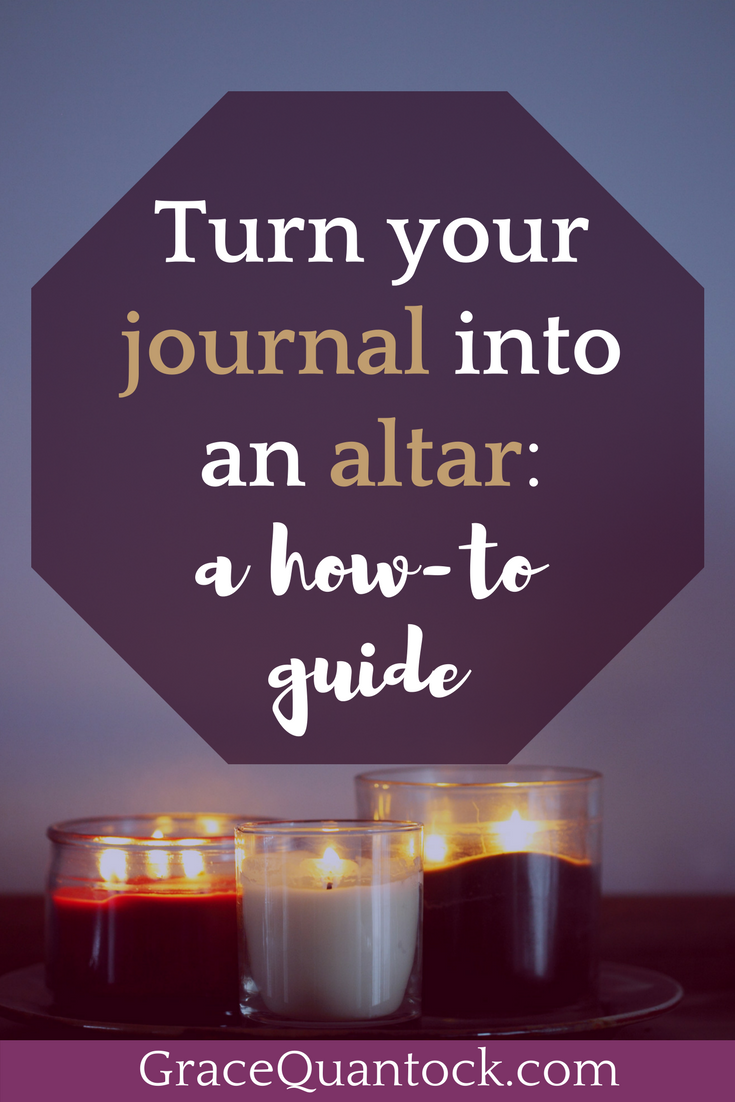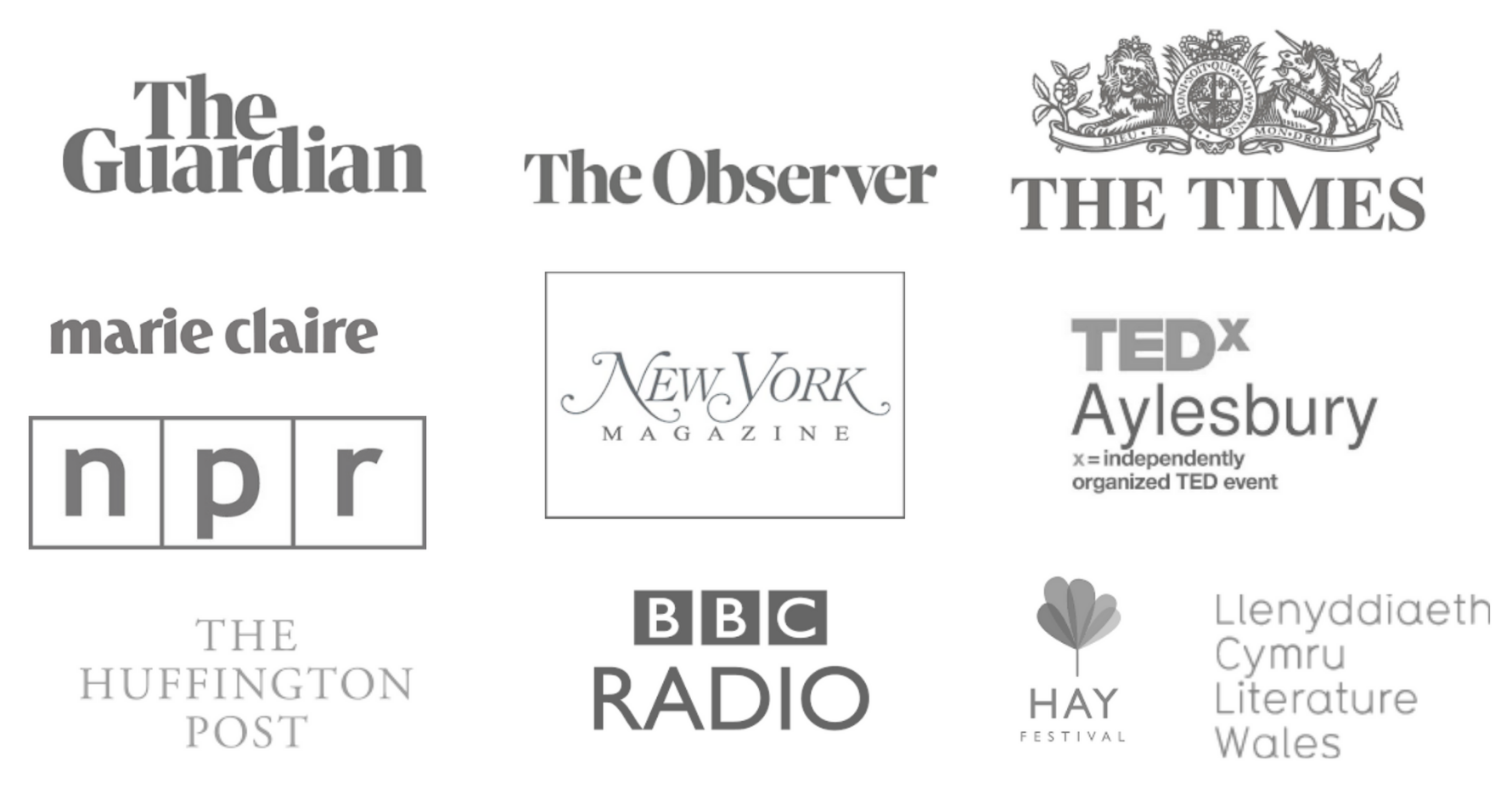
How To Speak To Disabled People (Yes, Seriously)
This post may seem insulting, the information shared so obvious, it doesn’t bear repeating, even. But what’s truly insulting, to me, are the comments people with disabilities receive.
Lots of people don’t know how to speak to people with disabilities; this is evidenced by the fact that every person you meet with disabilities has a stock of conversational faux pas stories they’ve experienced.
From being told “Oh, yes, my aunt died of that” upon sharing the news of a new diagnosis…
To the classic ‘speaking to someone’s carer over their head’ moment.
I know it’s normally eyes up, but sweetheart I’m down here, so eyes down please. There’s no point addressing my assistant/carers, they will blank you until you speak to me as you should.
There are so brilliant examples of what NOT to say here and here. However, I strongly believe we can’t complain without suggesting a solution.
(Also, I wanted a blog post we can send people to when they say things that are inappropriate.)
[Tweet “Think of this as a mini disability etiquette primer http://bit.ly/1I6icvx”]
In many illness support groups everyone talks of all the silly things people say to those with illness and disability…
:: Will you ever walk again? (Hi, I don’t believe we’ve been introduced, I’m Grace, how do you do?)
:: Isn’t it funny. So funny, bodies, aren’t they? (Not wildly, no)
:: I wonder when they will find a cure? (I’ve no idea, and in the mean time please don’t report to me what you read in some random health bulletin, it’s not helpful and it’s boring)
:: Aren’t you brave? (No. Fighter pilots, yes. Firefighters, yes. Mahatma Ghandi, yes. Me, no)
:: What did you do to yourself then? (Would you believe me if I told you it involved a tiger, a tightrope and a freak accident in a trapeze-outfit with spangles?)
It’s important to share our experiences, but no one often says what others can say. Let’s change that. What would you like to hear?
What can be said will vary from person to person, and situation to situation. There is a difference between what you say to a friend and what you say to a stranger.
Being ill is no guarantee of saying the right things to someone with a different impairment to ourselves.
Most importantly – talk to the person not the impairment. If you couldn’t see a limp, or an amputation, what would you naturally say? Say that.
What people can say:
:: Whatever you would say if the person you are talking to were not ill.
:: Don’t panic or worry if you say “I’ll be seeing you” to a blind person or “well, must run along” to a wheelchair user, they are standard forms of speech, your panic is more of a problem than what you said.
:: How are things with you? Rather than “how are you?”
Ask about the person rather than going straight to health. Talking to a person, not a prognosis.
:: Being specific when offering help can sometimes help. Open questions can sometimes seem like too much to answer. Asking ‘What do you need?’ might be too overwhelming, but a better option could be ‘Would it be helpful if I did _____.’ e.g “I’d be happy to walk the dog, pick what you need up from the supermarket, collect any prescriptions or grab some books/ DVDs from the library for you. Or let me know what you need.”
:: Be realistic in what you can offer rather than simply saying “let me know if you need any help/ if there’s anything I can do let me know.”
As then the ill person has to work out a) if you mean it and b) how much you are willing to do – it’s no good asking you to drive them to hospital in 9am traffic if you were thinking of bringing them a pint of milk. Give some suggestions, it gives the ill person an idea, something to say yes to now and they don’t have to desperately rack their brains thinking of what they need doing.
:: Take cue from the person you are talking to. If they don’t talk much about their health, don’t push it. If they want to confide about their struggles, listen. Active listening – reflection and paraphrasing. If they are being upbeat and active, go with it. Close friends can enquire to the underneath, strangers – don’t assume. Take your cues from them. If they talk a lot about their health, you can probably join in.
:: Don’t assume, around visible or invisible disabilities. Looking well doesn’t mean feeling well and looking ill doesn’t mean they aren’t super happy they got out of the house and even dressed.
:: Checking in – “How are you doing? Do you need to rest now? I’ll come back again.” Acknowledgement is different to assumption.
:: Toni Bernhard suggested “If you need to cancel at the last minute don’t worry. I’ll understand.” No need to reply, is another wonderful thing to read on a cheery card/letter/email. It lets the ill person enjoy the communication without guilt or pressure.
:: “Would you like to hear about what happened to me?”
Sometimes people want to hear of your adventures sometimes not. I wanted to hear about everything except education, rock climbing and baths, all of which I missed too desperately and painfully. But hearing adventures and news meant I could tell my husband stories too. I had conversation and was included and connected. People brought back maps and photographs, taking me around their holiday by description. It was inclusion and I needed it.
:: “Have you got a policy on research/treatment plans? I’ve come across something which might interest you.”
This is controversial. I contend that to give out random advice – seeing a person with a cold in the street and suggesting echinacea is irresponsible – they could have an allergy to ragweed, marigold or daisy and echinacea would be contra-indicated. A person cannot prescribe without information and qualifications.
Do you want to be offered information? Where do you stand?
:: If they achieve something, don’t automatically put it in context with their health overall. If they manage to walk further than usual, celebrate it for what it is now, as they may not want to focus on the overall trajectory of their illness and think about the big picture.
Check out the wonderful Esme Wang’s guide to talking to people about mental health here and Toni Bernhardt’s fantastic article on what people with chronic illness want to hear.
Want more? I’ve created a kit to help you through the challenges of talking about illness, check it out: Pitch Perfect: What’s Wrong With You?
What’s wrong with you?
You don’t look sick.
Were you born like this?
How many times have you been asked these questions and fumbled for an answer? Maybe your response revealed more than you wanted to. Or maybe you just opened your mouth and nothing came out as you looked on, stunned that someone could be so rude.
I know these questions all to well. As someone living with a health challenge (as I do), it’s inevitable that you will be asked about your health from strangers, acquaintances, and loved ones.
It doesn’t have to be this way
What if I told you that you could craft a response to their probing questions that would free you from being defined by your illness or disability? What if your answer could be a micro- revolution, an education, and an elevation all in one? Download your free sample here.
Image courtesy of Viktor Hanacek.





